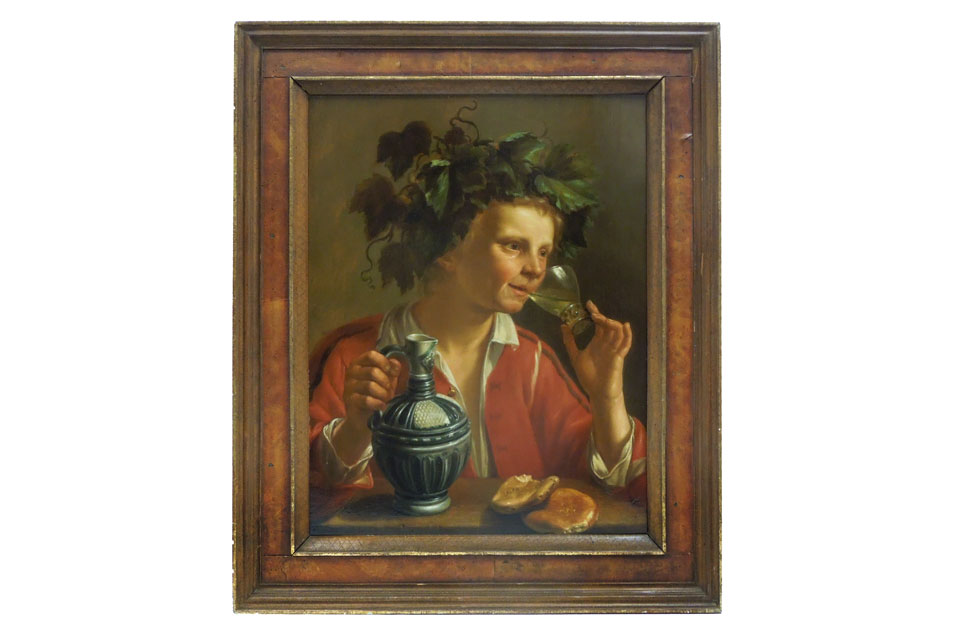Law & Politics
FBI Restitutes Nazi-Looted Painting to the Max and Iris Stern Foundation
The agency found 'Young Man As Bacchus' at an art fair in New York.

The agency found 'Young Man As Bacchus' at an art fair in New York.

Amah-Rose Abrams

The US Federal Bureau of Investigation has returned a Nazi looted painting, Young Man As Bacchus (1630) by Jan Franse Verzijl, to the Max and Iris Stern Foundation. It is the 16th artwork to be returned to the beneficiaries of the German-Jewish dealer Dr. Max Stern, who was forced to sell it under the Nazi regime.
In a statement on the US government agency’s website, the FBI shed some light on how they recovered and returned the painting, which was made official in a ceremony at the Museum of Jewish Heritage–A Living Memorial to the Holocaust in New York on February 8.
“Works of art hold a special place in our society. Accordingly, facilitating the return of stolen and missing works of art to their rightful owners is held in high regard among the FBI’s art crime investigators,” said Michael McGarrity, special agent in charge of the Criminal Division of the FBI in New York.
“Today, we are proud to return the Verzijl painting Young Man As Bacchus to representatives of the Stern Foundation after more than 80 years.”
The FBI received a tip that the painting was going up for sale at a New York art fair in 2015, and using a subpoena, its agents recovered Young Man As Bacchus. The painting was, at that time, owned by the Turin-based Luigi Caretto Gallery, which, upon learning of the painting’s provenance, immediately turned it over to the FBI so it could be passed on to the Max and Iris Stern Foundation.
Stern was forced to liquidate the inventory of the Stern Galerie in Dusseldorf, around 70 works including the painting in question, in 1936, one year before he was forced into exile. The case is so large that Concordia University in Montreal—where Stern settled and established the Dominion Gallery—has set up the Max Stern Art Restitution Project with the executors and heirs of Stern’s estate.
“Over the last fifteen years, the assistance of law enforcement agencies in the United States, Canada and Germany has been invaluable to the advancement of the Max Stern Art Restitution Project,” said Clarence Epstein, senior director of Urban and Cultural Affairs at Concordia University, according to AFP.
“Recognizing that forced sales of Nazi-era cultural property are equivalent to acts of theft remains the project’s guiding principle.”